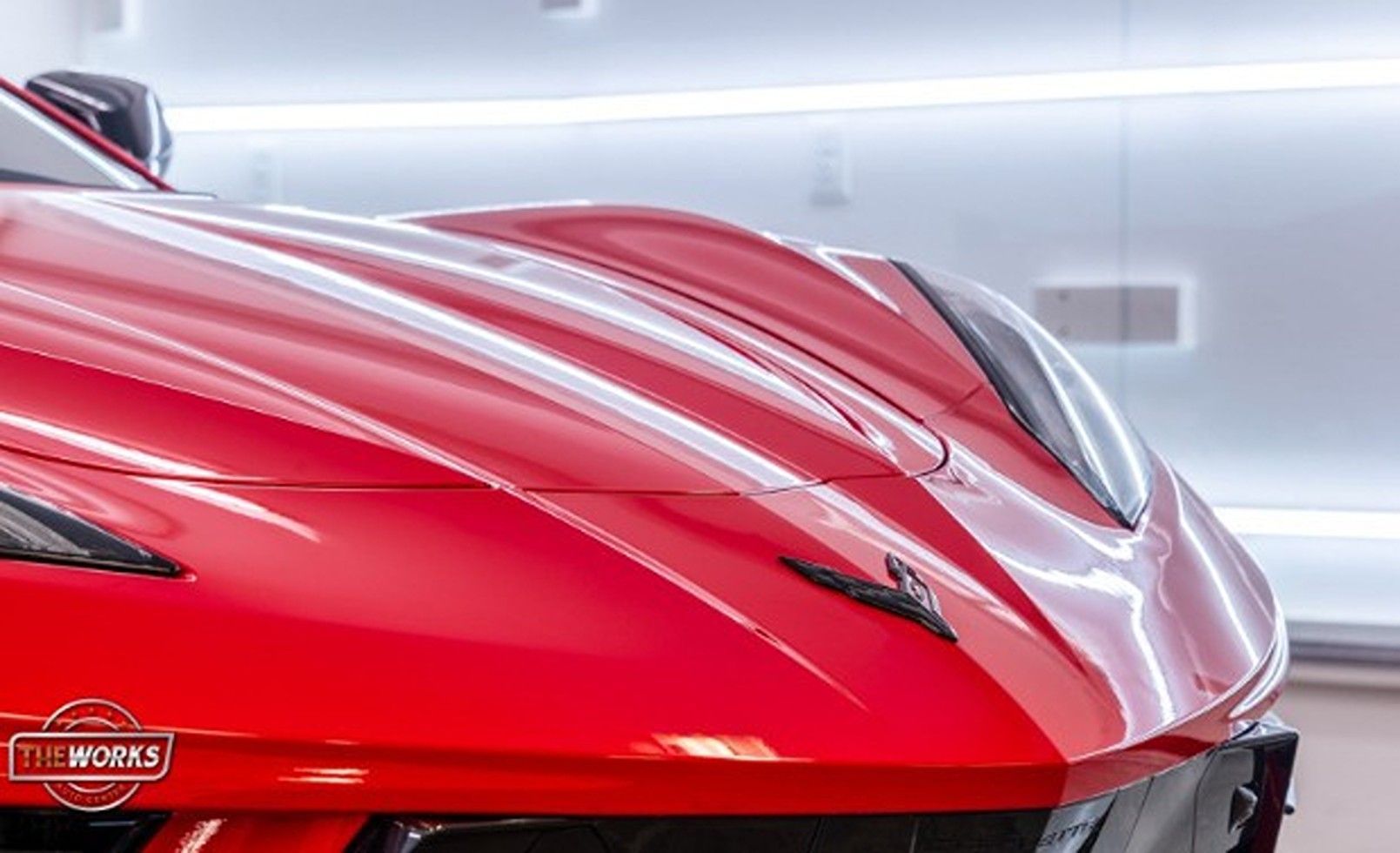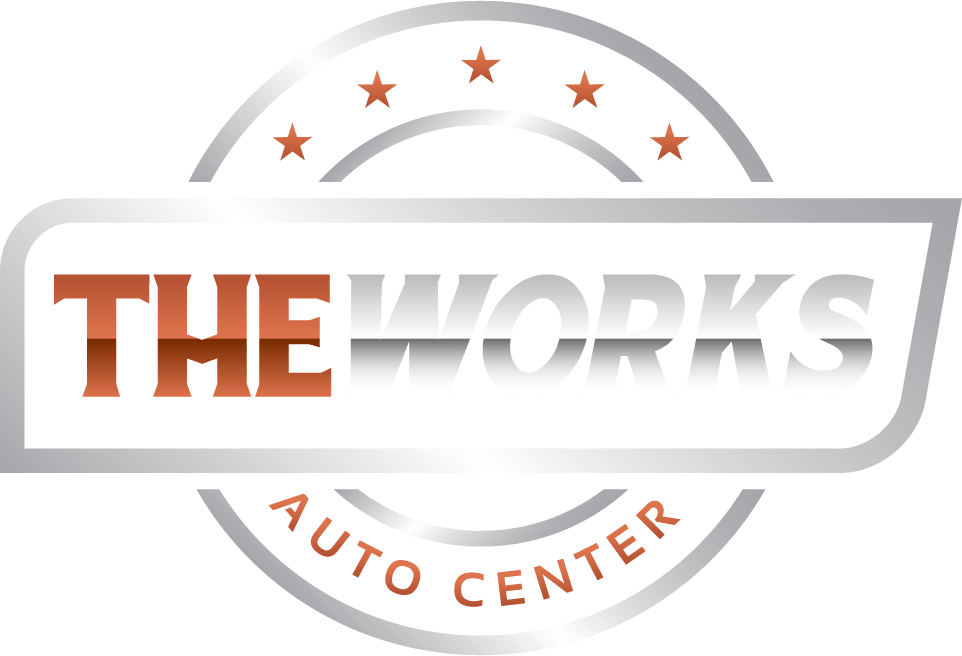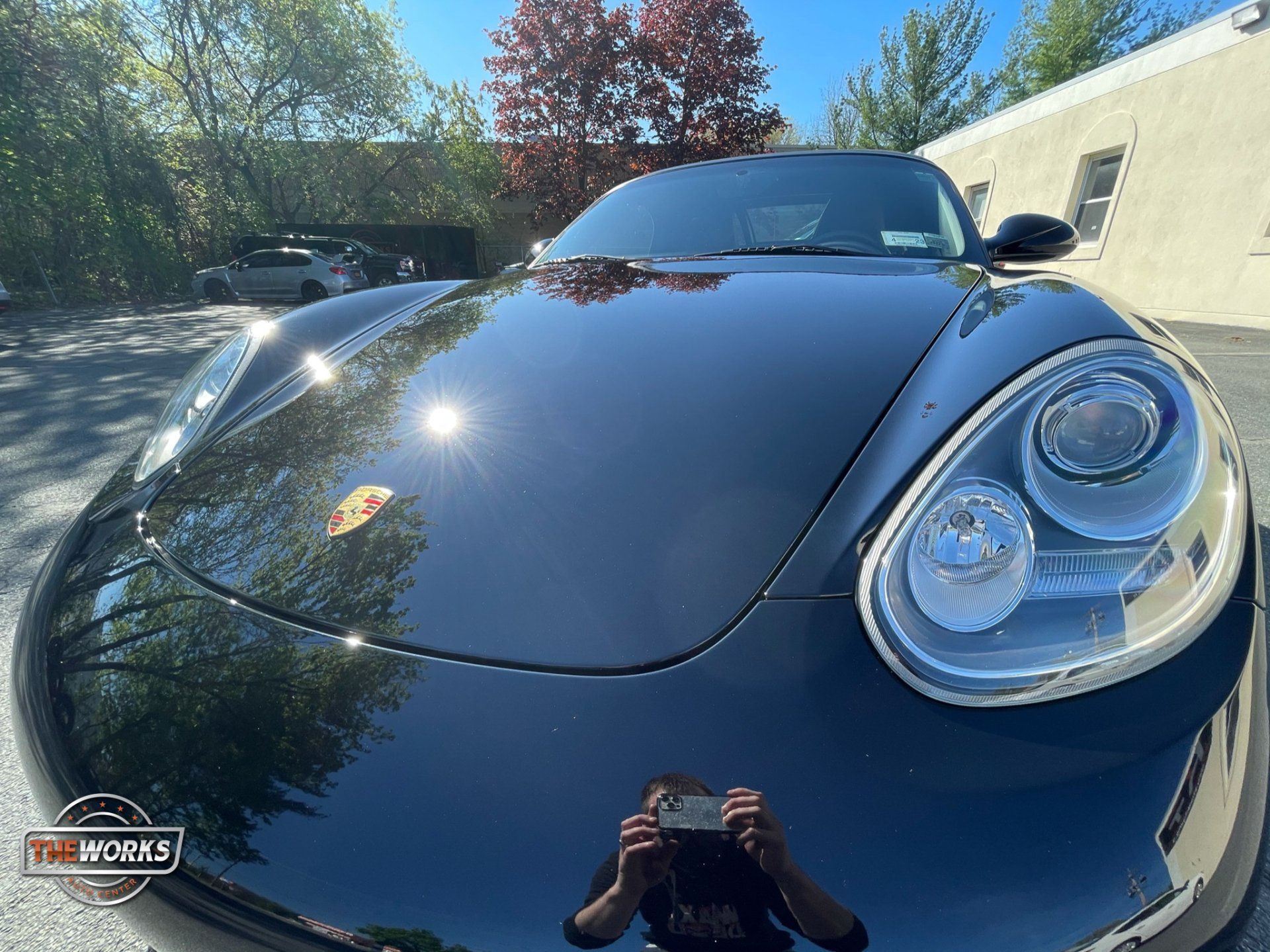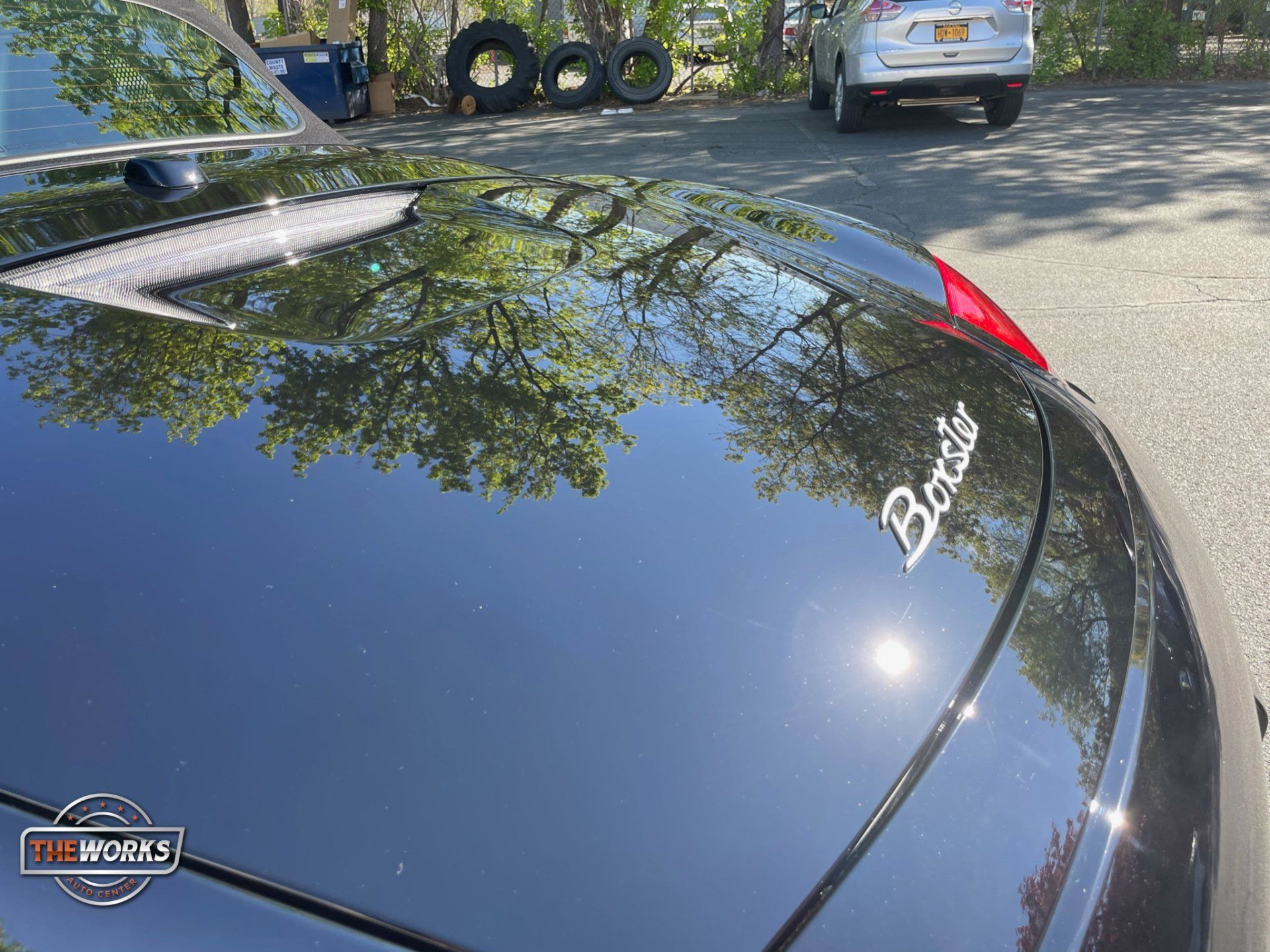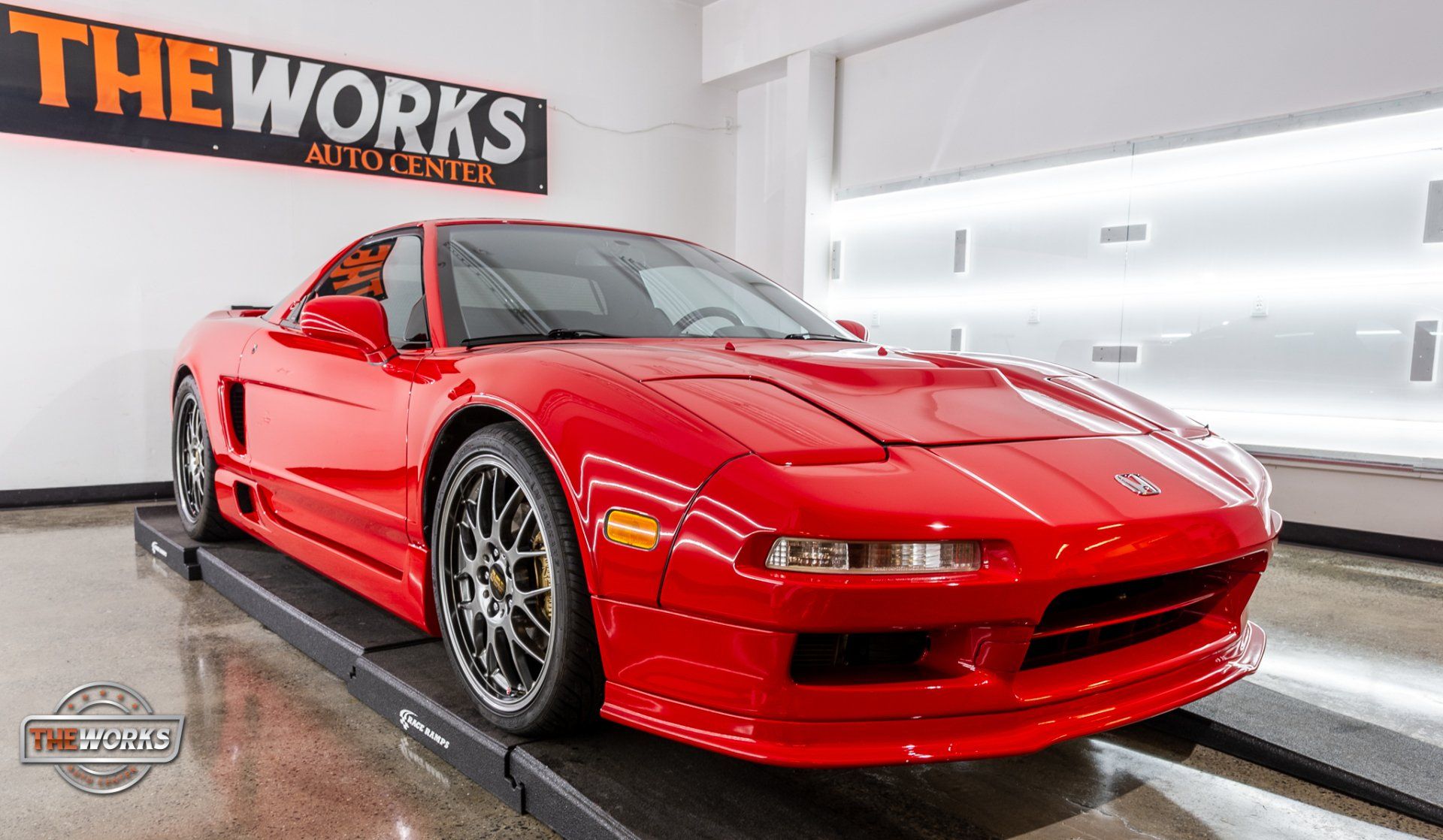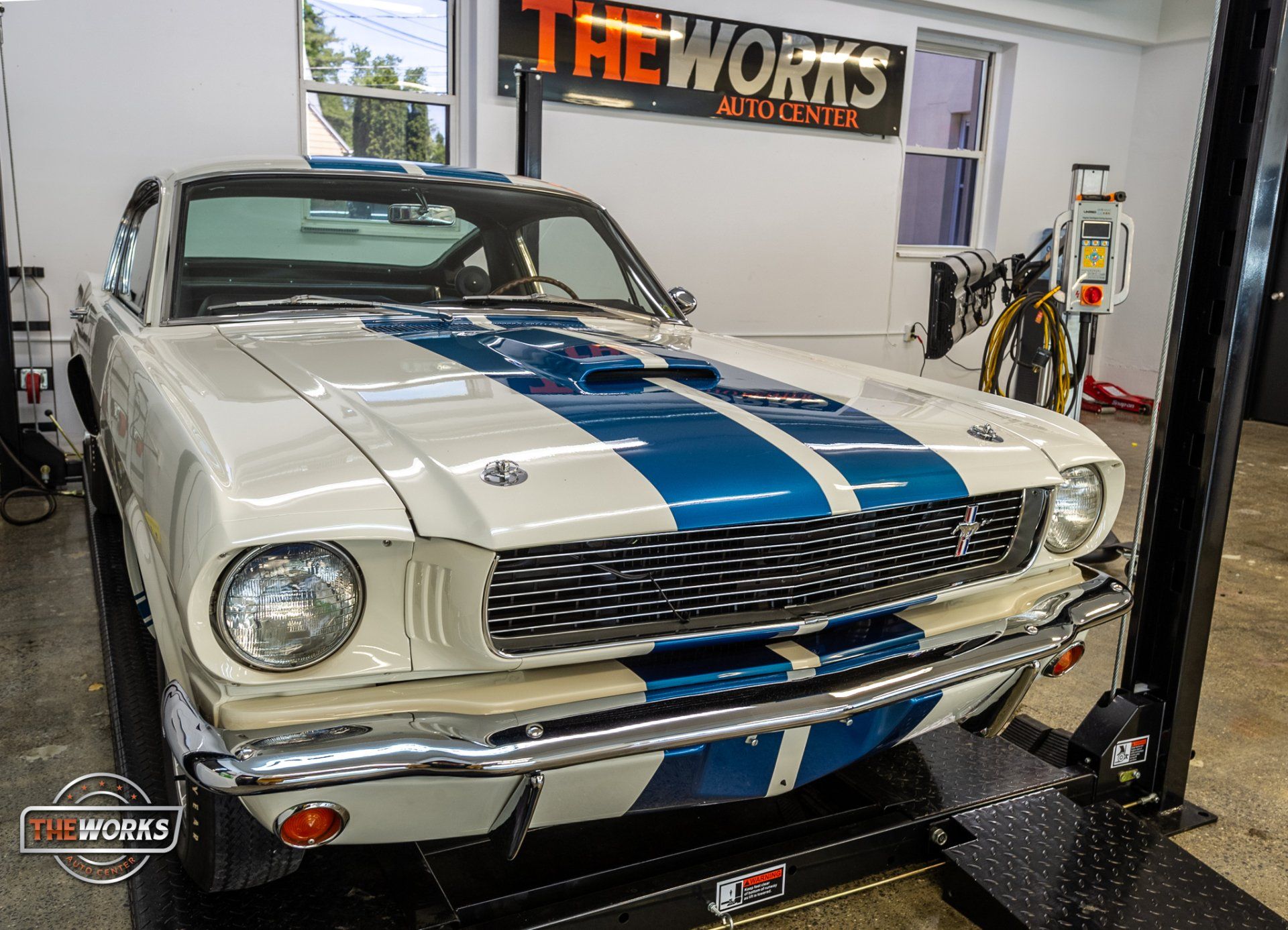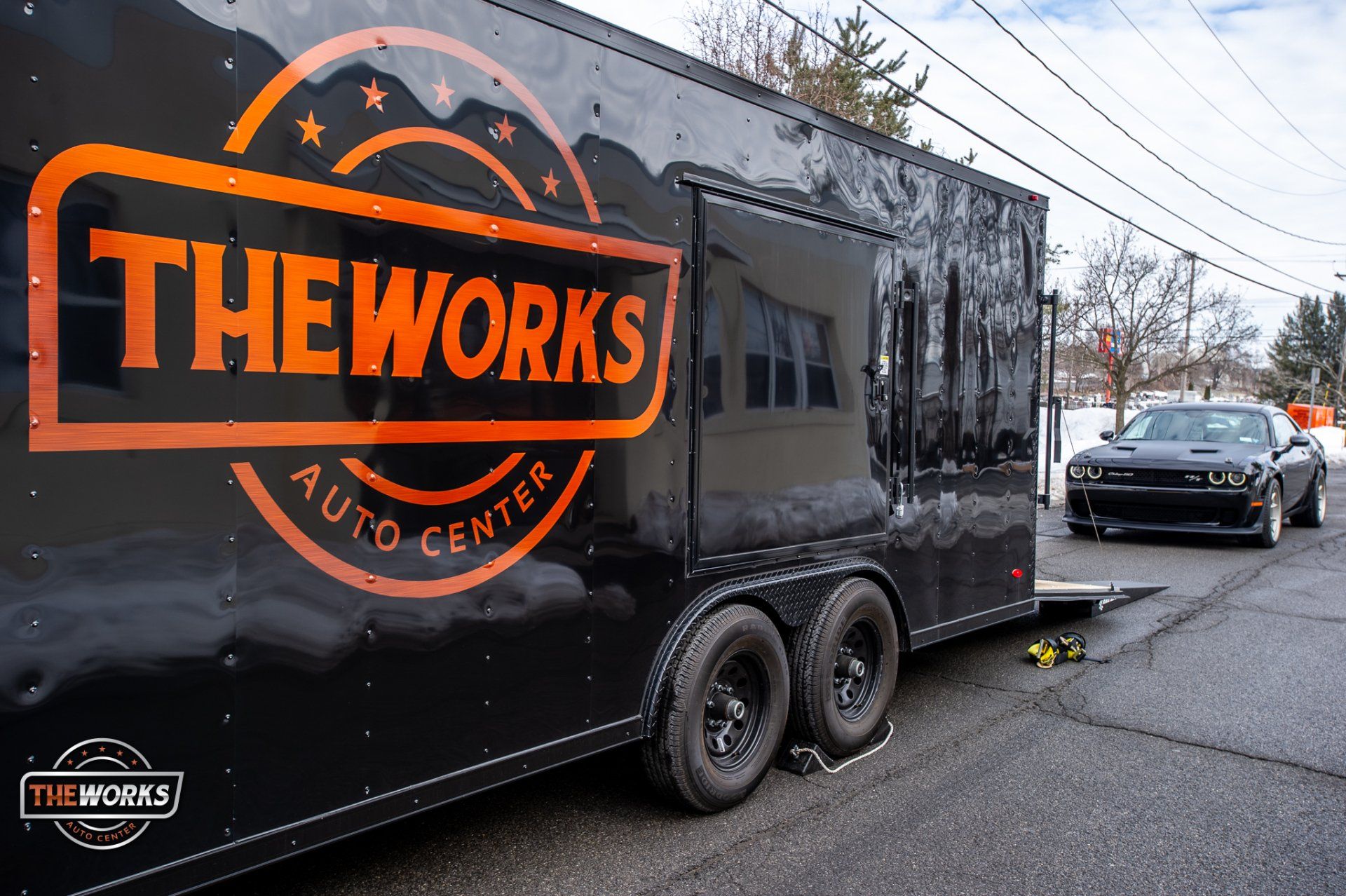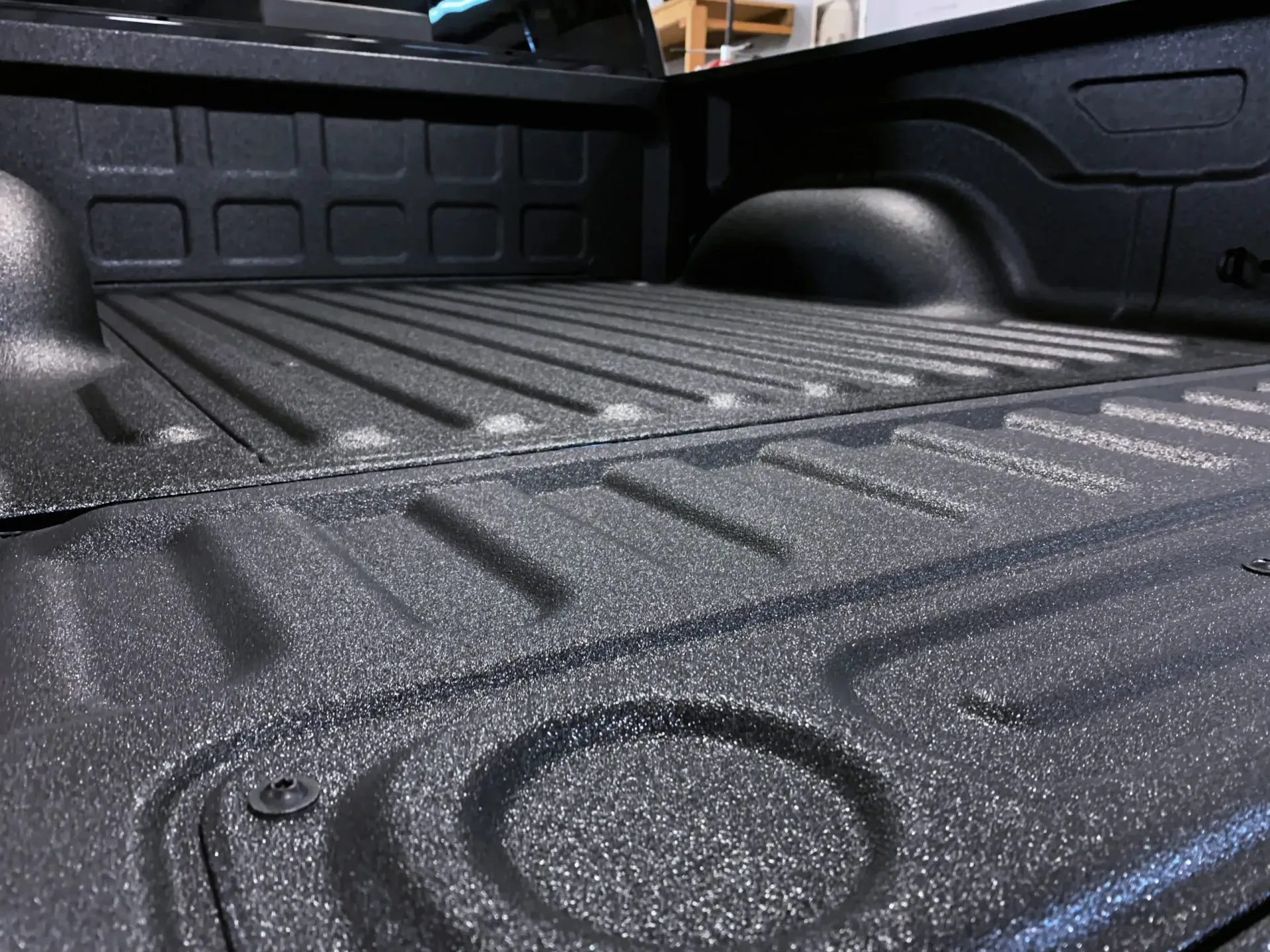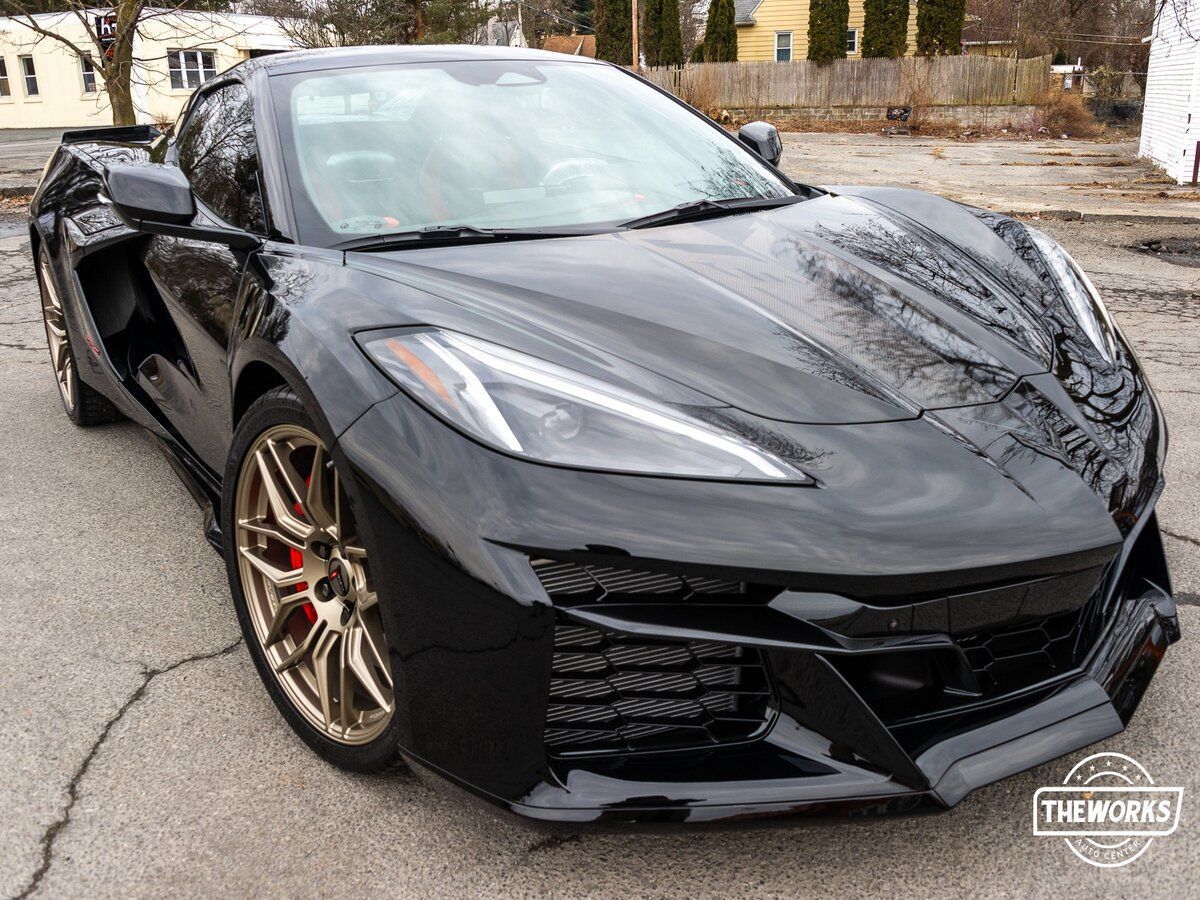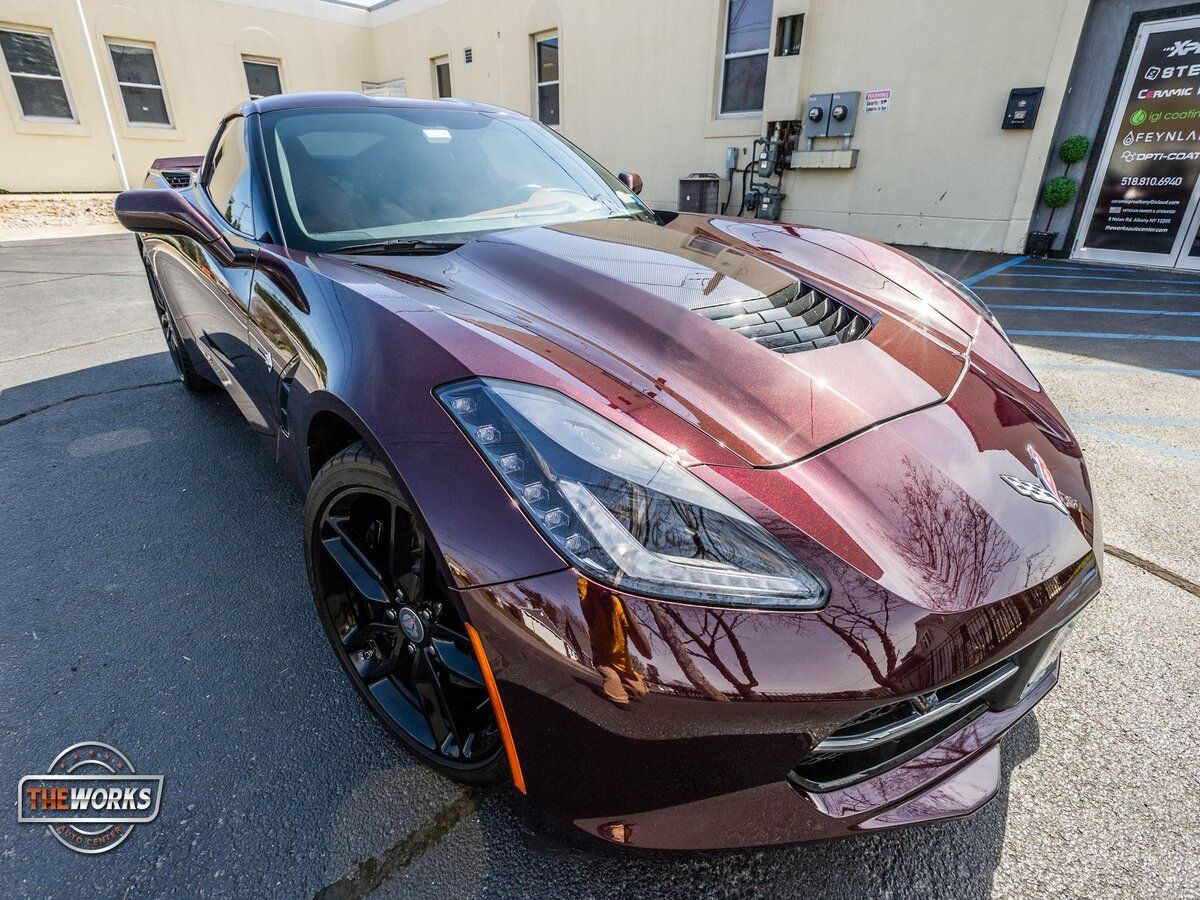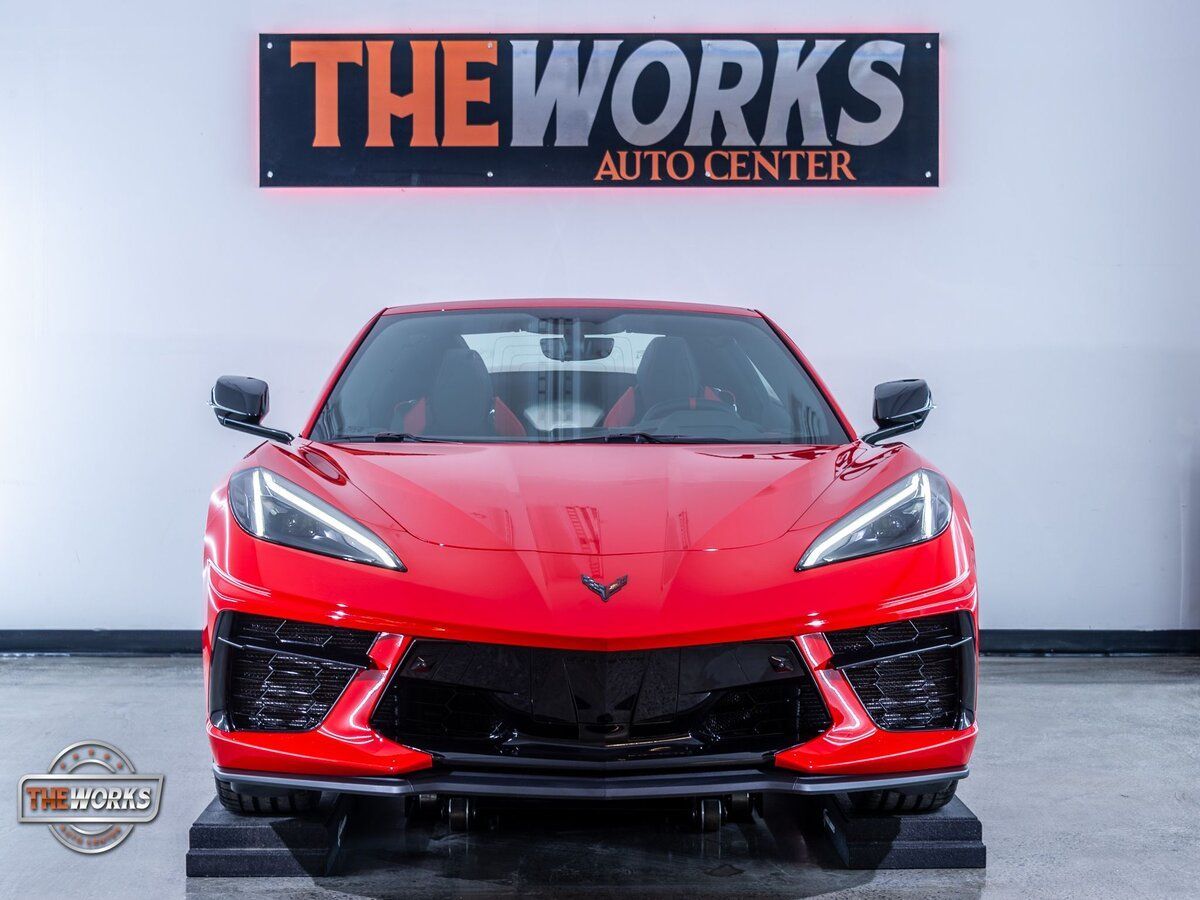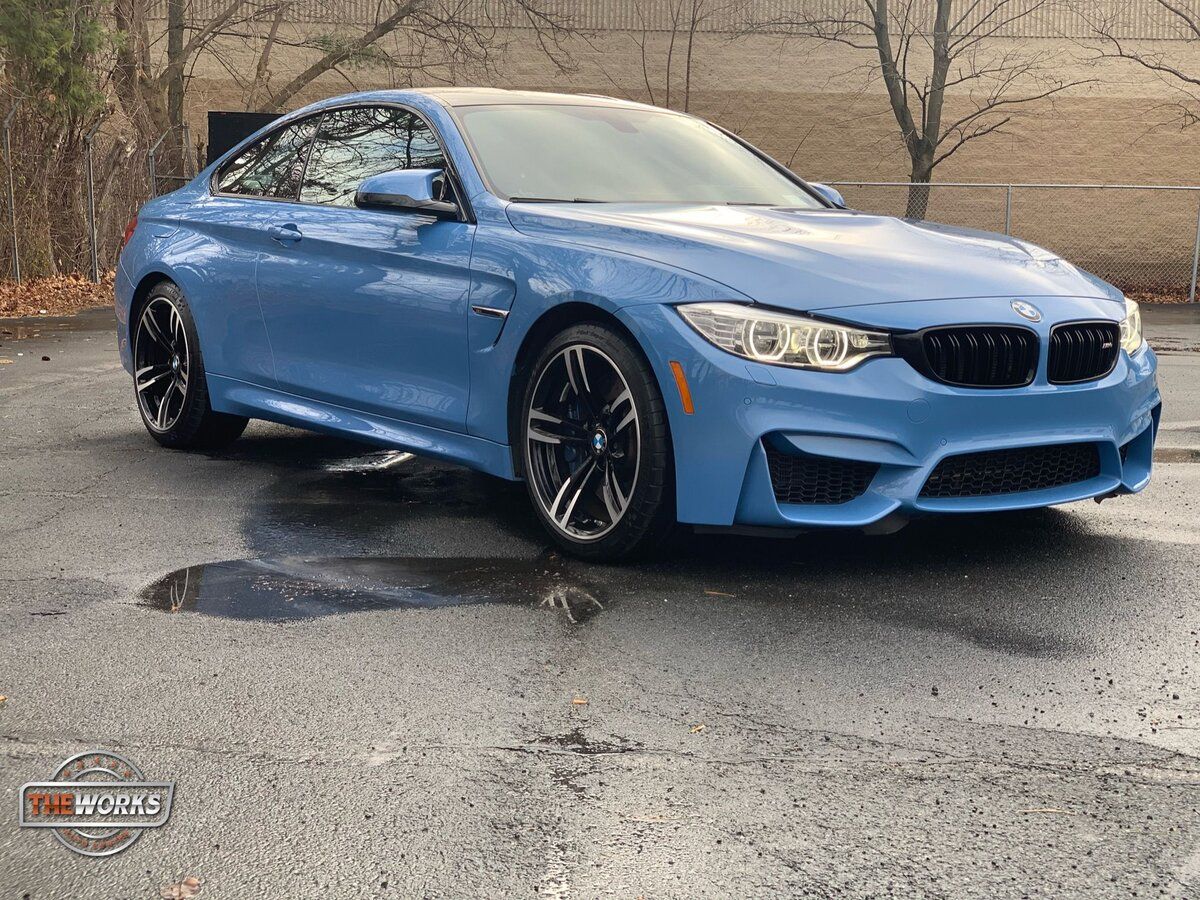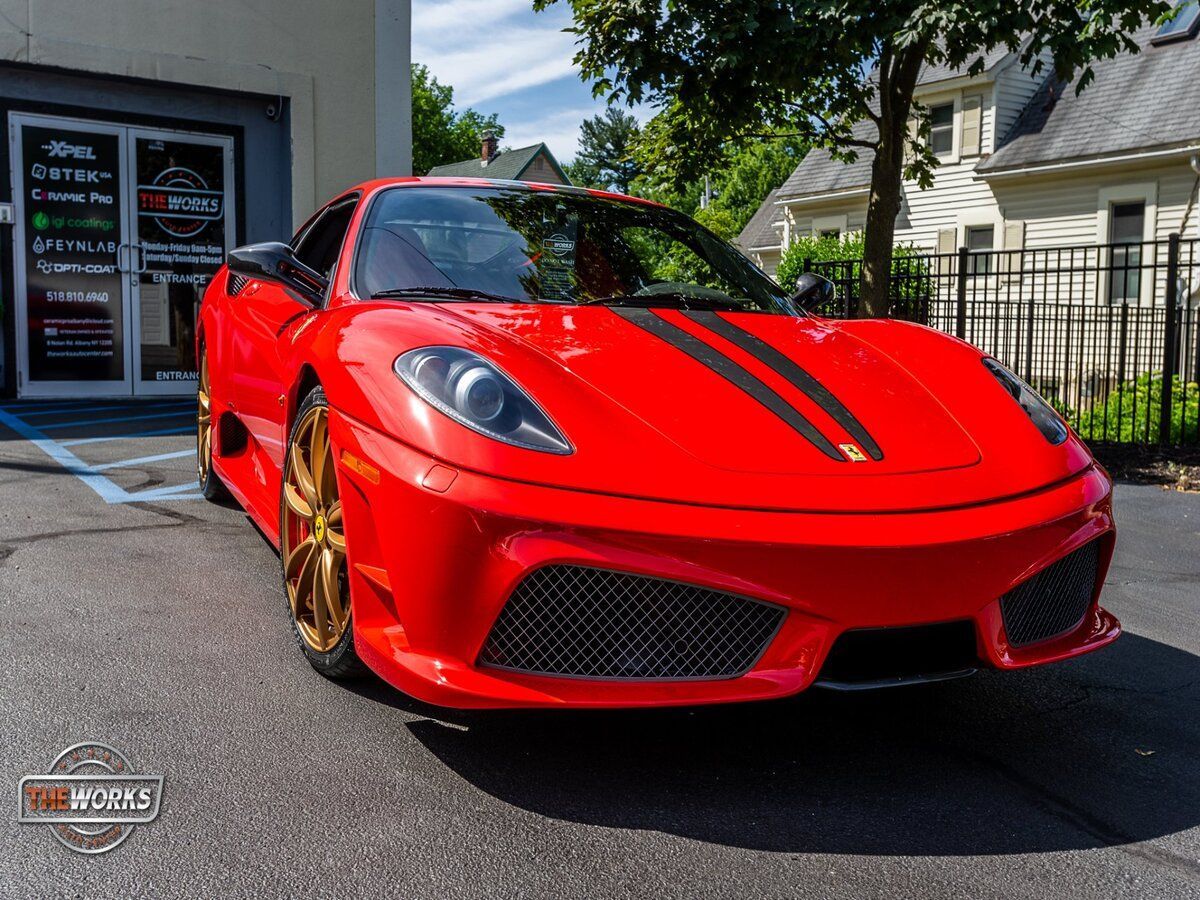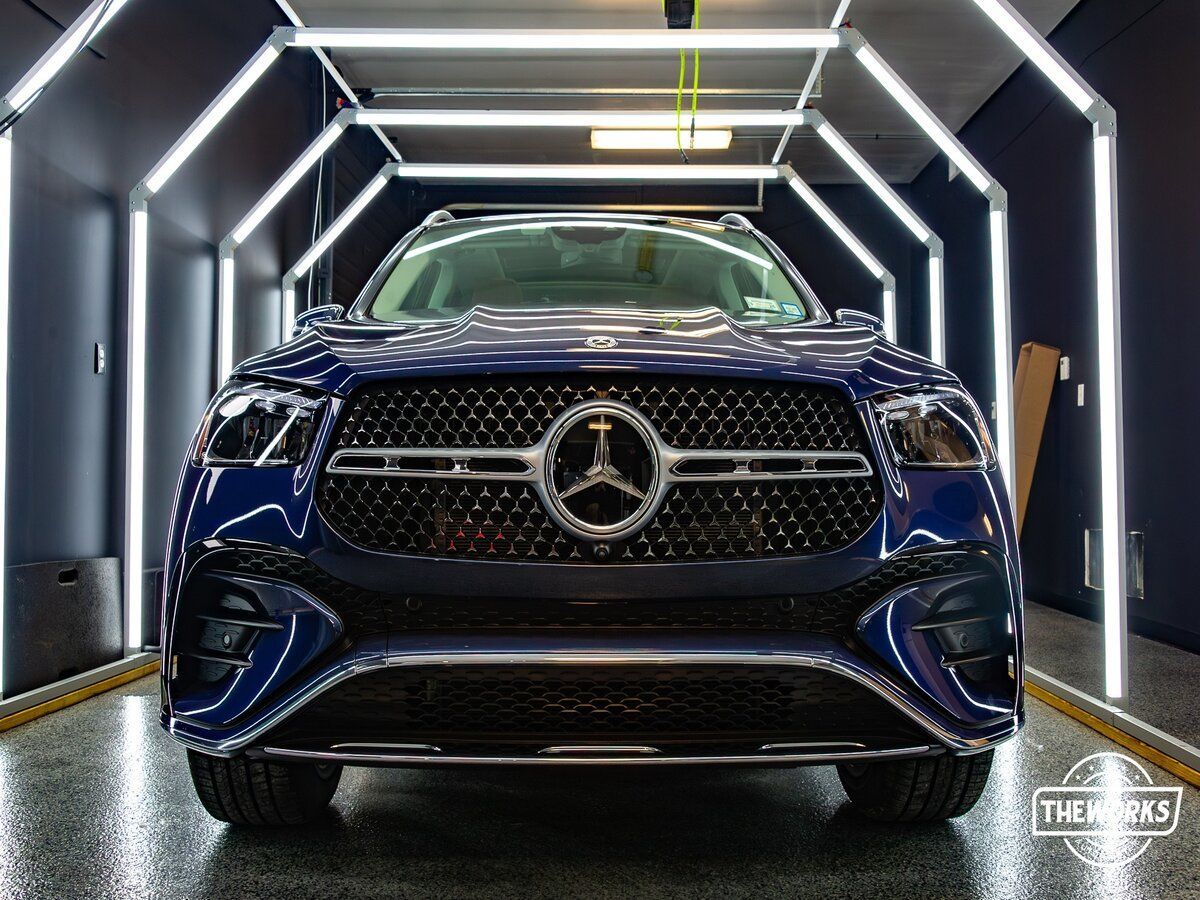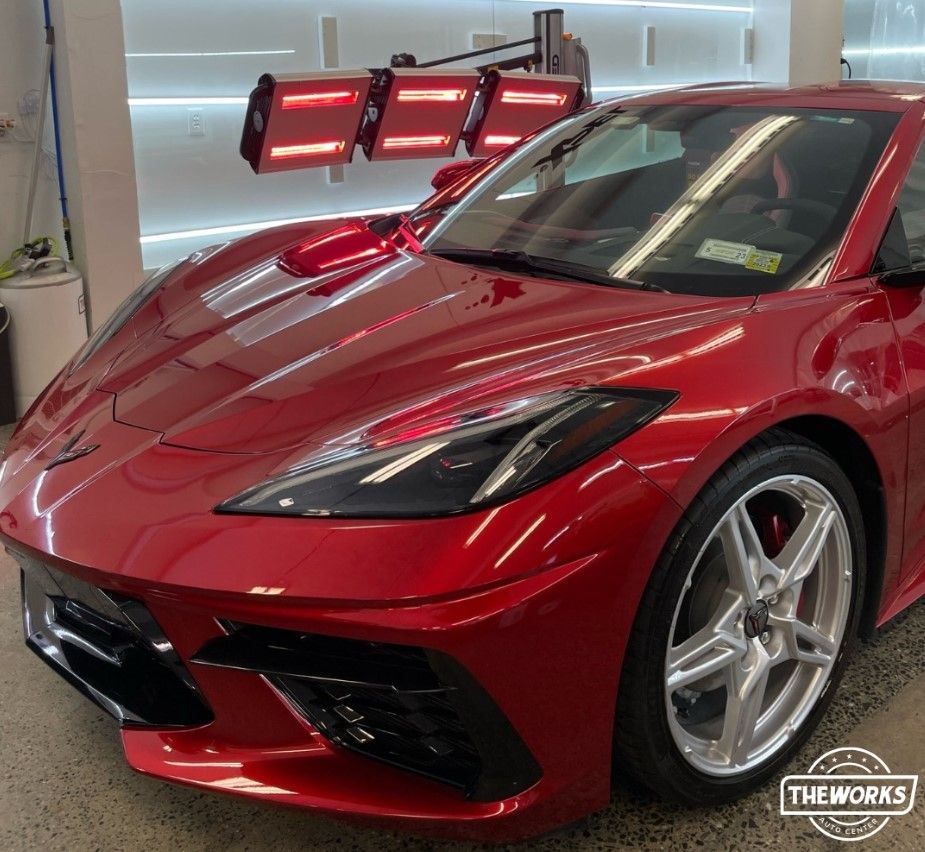Can PPF Be Installed on Leased Vehicles? Pros and Cons
Leased vehicles present a unique situation for drivers wanting to protect the car’s finish but with concerns about lease terms. Paint Protection Film (PPF) is a popular option for preventing damage from road debris, UV rays, and daily wear.
However, understanding the legal, practical, and financial implications of installing PPF on a leased car is essential. In this article, we’ll address lease agreement considerations, removal requirements, and cost factors specific to the Albany, NY, area to help you decide if PPF is the best choice for your leased vehicle.
Lease Agreements and PPF: Can You Modify a Leased Car?
Lease agreements vary widely and may contain clauses about vehicle modifications. Most leases allow “reversible” or “non-permanent” modifications that don’t alter the vehicle permanently or affect its turn-in condition. Generally, PPF on leased cars is within these guidelines since it’s removable and doesn’t damage the paint or vehicle structure.
When evaluating your lease agreement, focus on these key points:
- Modification Clauses: Many leases specify that modifications must be removable and not damage the paint or exterior. Professional PPF installation and removal meet these criteria when handled by an experienced provider.
- Condition Requirements at Lease Return: Most leases require the vehicle to be returned in “like-new” condition, with minimal wear. PPF can help maintain this standard, preventing chips that might lead to fees.
- Confirming with the Leasing Company: Although PPF is generally permitted, it’s best to get written confirmation from the leasing company. A quick call or email can provide clarity and prevent issues at lease end.
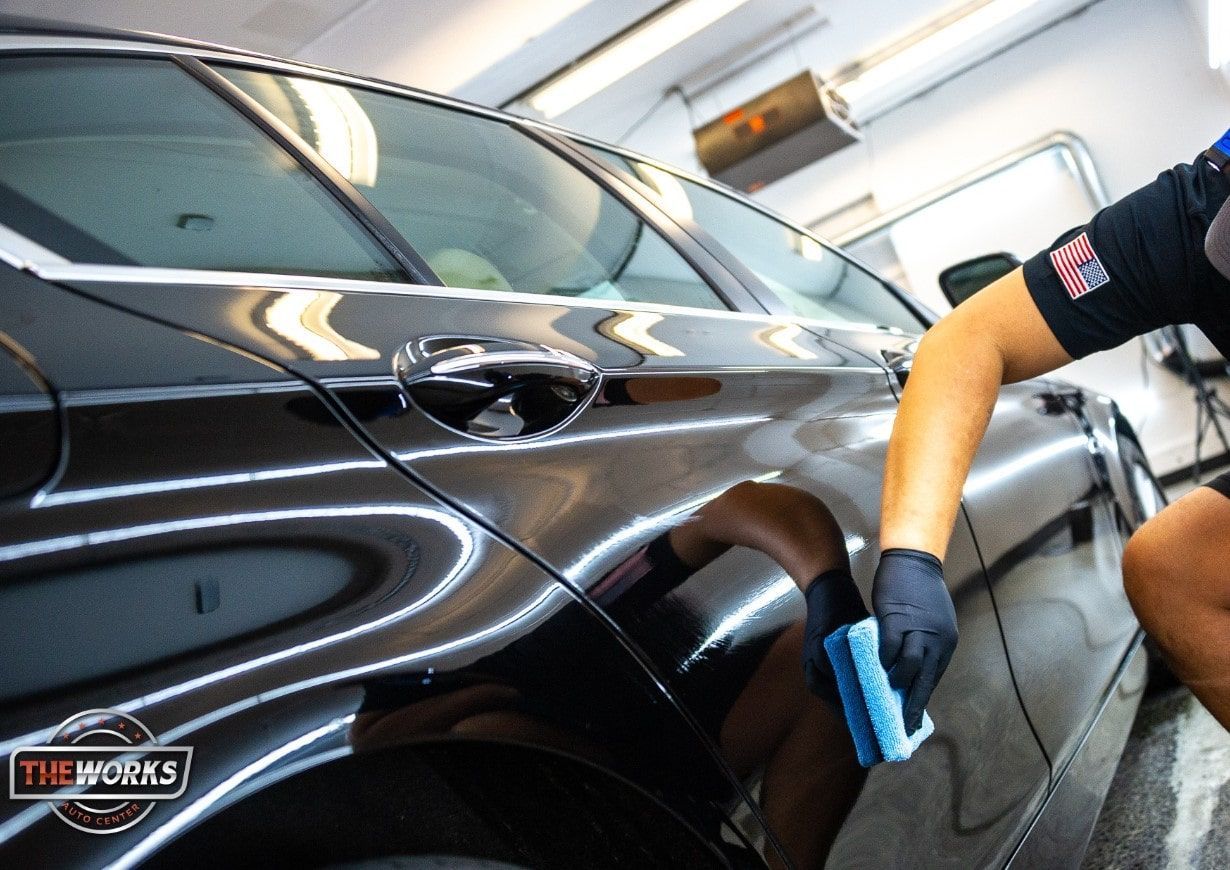
Benefits of Installing PPF on Leased Vehicles
Adding PPF to a leased vehicle has numerous advantages, especially in maintaining the vehicle’s appearance and potentially reducing end-of-lease fees. Here are some reasons why leased car paint protection options like PPF can be beneficial:
- Paint Preservation: PPF forms a barrier against rock chips and other potential paint damage. For leased cars that need to be returned in good condition, PPF minimizes wear, which can prevent costly repair fees at the lease’s end.
- UV and Stain Resistance: High-quality PPF offers UV protection, which prevents paint fading, along with resistance to stains from bird droppings, tree sap, and other contaminants, preserving the car’s color and gloss.
- Enhanced Resale or Trade-In Value: If you have the option to purchase your leased car, keeping it in excellent condition through PPF installation can enhance its resale or trade-in value, benefiting your long-term investment.
- Simplified Maintenance: PPF’s hydrophobic properties make it easier to clean, reducing the need for frequent detailing—a practical benefit for leased car drivers aiming to maintain appearance with minimal effort.
Financial Considerations: PPF Pricing in Albany, NY
The cost of PPF for leased vehicles depends on several factors, including coverage extent, installer expertise, and local pricing. In Albany, NY, here’s what you can generally expect:
PPF Installation Costs in Albany, NY
- Partial Coverage: Covering high-impact areas like the hood, bumper, and mirrors typically costs between $800 and $1,500 in Albany, depending on the quality and size of the application.
- Full Coverage: For those opting to cover the entire vehicle, full-vehicle PPF installation in Albany ranges from $2,500 to $5,000, depending on the car model and installer.
Though an investment, many Albany drivers find that PPF’s benefits justify the expense, particularly when it can offset potential lease-end damage fees.
Potential Savings at Lease End
Leasing companies often charge fees for chips and paint damage. PPF minimizes these issues, potentially reducing or eliminating end-of-lease fees. By preserving paint quality, PPF on a leased car may ultimately be a cost-saving measure, balancing initial installation costs with future savings.
Insurance and Leasing Coverage Options
In Albany, some insurance providers and leasing companies may cover paint protection options like PPF, although this is rare. It’s worth checking if any protection measures are included in your lease package or insurance policy, as they may reduce out-of-pocket costs for installation.
Removing PPF from a Leased Vehicle: What to Expect
One common question is: can you modify a leased car if the modification is temporary, and what happens upon lease return? If your lease requires the vehicle to be returned in original condition, removing PPF is a straightforward process when done professionally. Here’s what to know about removing PPF from a leased vehicle:
- Professional Removal: PPF can be removed without damaging the original paint, provided it’s done by professionals. Removal involves carefully heating the film to soften the adhesive, ensuring a clean process with no residue or paint impact.
- Non-Permanent Change: Since PPF doesn’t involve paint changes or structural alterations, it’s a reversible modification. Most leasing companies accept it as long as the original paint is undamaged.
- Removal Cost: In Albany, removing PPF typically costs between $150 and $500, depending on the extent of the film and installer. Some providers offer removal as part of the installation package, which is ideal for leased vehicle owners looking to avoid end-of-lease complications.
Legal Considerations for Lease Car Paint Protection Options
Most leases accept PPF since it’s a non-permanent modification, but to ensure compliance, it’s wise to clarify this with your leasing company. Below are a few legal tips to consider:
- Written Confirmation: Obtain written approval from the leasing company confirming that PPF is permitted, which can prevent disputes when it’s time to return the vehicle.
- Save Documentation for Installation and Removal: Retain receipts and documentation from both installation and removal. This paperwork provides proof that the process was professionally managed, showing you took care of the vehicle.
- Check Warranty Terms: Some warranties may have clauses concerning exterior modifications, so it’s best to confirm that PPF doesn’t void any paint warranty coverage, which adds peace of mind.
- Adhering to Lease Condition Standards: Since PPF helps maintain a vehicle’s appearance, it supports meeting the return standards set in lease agreements. This is advantageous for avoiding end-of-lease charges.
Insights from Installers on PPF for Leased Vehicles
High-traffic areas on leased vehicles, such as hoods and bumpers, benefit most from PPF as these spots experience frequent wear. For leased vehicles, partial PPF coverage is often recommended to balance cost and effectiveness, while full PPF is suggested for high exposure environments or long-term leases.
Note that PPF removal is straightforward when done by professionals, as improper DIY removal can risk paint damage. Leaseholders, therefore, often opt for professional PPF installation and removal to ensure the paint remains in top condition for lease return.
Protect Your Leased Vehicle’s Paint at The Works Auto Center
Looking for a way to protect your leased vehicle’s paint without violating lease terms? Visit The Works Auto Center in Albany for professional PPF options that keep your car looking great and in compliance with your lease. Call us today to discuss the best PPF coverage for your needs!
